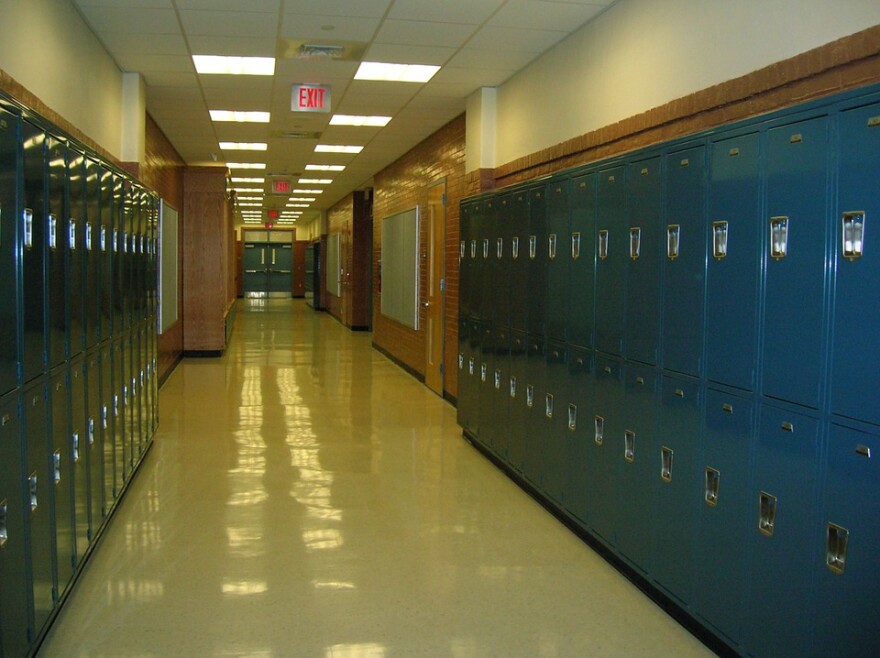Recess has returned, but not for charter schools, and state testing will be limited to two weeks. Those are just two of the proposals lawmakers crammed into an education bill that capped off the end of the legislative session.
Education reporters Cathy Carter and Rowan Moore Gerety unpack some other education issues that made their way into the state budget now headed to the desk of Gov. Rick Scott.
Carter: So Rowan, even before the legislative session began Senate President Joe Negron had a certain set of priorities. House speaker Richard Corcoran had his, both pretty much got what they wanted regarding education. But there's been some controversy, especially over House Bill 7069 . This was put together in the waning hours of the legislative session and one of the things in this mammoth bill is something you've reported on, which is a program called "Schools of Hope."
Moore Gerety: So Schools of Hope is a program that's not actually explicitly funded in this bill although it looks like it could cost about $200 million if it ends up becoming law. And the idea is that there are a number of schools, several hundred of them around Florida, that have gotten D or F school grades for several years running and what that means is that those schools have not done very well on Florida's standardized tests. Proponents of this bill say, hey look, to make them better -- we will attract sort of high quality charter school operators that have not chosen to locate in Florida in the past, in a way that will get them here is by offering them more money per student than they've had access to in the past so that they can fund sort of a different kind of charter school.
Carter: And in this bill, too, it looks like the state's teacher bonus program is going to expand greatly.
Moore Gerety: Yes, so this accounts for probably well over $200 million so sort of the other big chunk of money. And part of it is the "Best and Brightest" scholarships which go to teachers with high SAT scores or college admissions scores. But a bigger part of it is $1,800 or $1,200 bonuses for teachers who are judged effective or highly effective. So that's, I think, well over half the teachers statewide so that'll add up pretty quickly. One other thing we haven't talked about yet is that Senate President Joe Negron came out swinging at the start of legislative session with a lot of priorities on higher education that you reported on.
Carter: Yes, from the get go Senator Negron said higher education was his main priority. He wanted Florida's universities and colleges to be considered elite colleges. So one of the things that makes state schools quote unquote elite is the graduation rate. And so they've changed the metric for college graduation rates here in Florida. It used to be schools were measured on a six-year standard. How many full-time students can you get to graduate from college in six years? Well now that will be four years. They've also implemented block tuition so students will pay one flat fee instead of by the credit or semester. And there is more money for the "Bright Futures" scholarships.
Moore Gerety: So is this the whole Bright Futures program that sort of seemed uncertain a little while ago or is it just part of it?
Carter: Just part of it. The legislature proposes spending an extra $151 billion a year to expand Bright Future scholarships but it only affects the top level award. There are three levels but the full Bright Futures award will only affect "Florida academic scholars." The top level. So that's about 45,000 students. Their tuition would now be 100 percent fully paid.
Moore Gerety: So if Gov. Scott vetoes the whole budget, or he vetoes the education bill, that would mean the legislature would have to reconvene before the end of June in order to pass a different budget or override his vetoes. But one interesting thing is that even if this does become the law of the state, many of the people who voted for it said it's something that they'll still need to fix. It seems like people really weren't happy with the process.
Carter: Yes, pretty much. That’s one thing everybody can agree on-- Democrats, Republicans House, Senate --they never want to do the process like this again.




